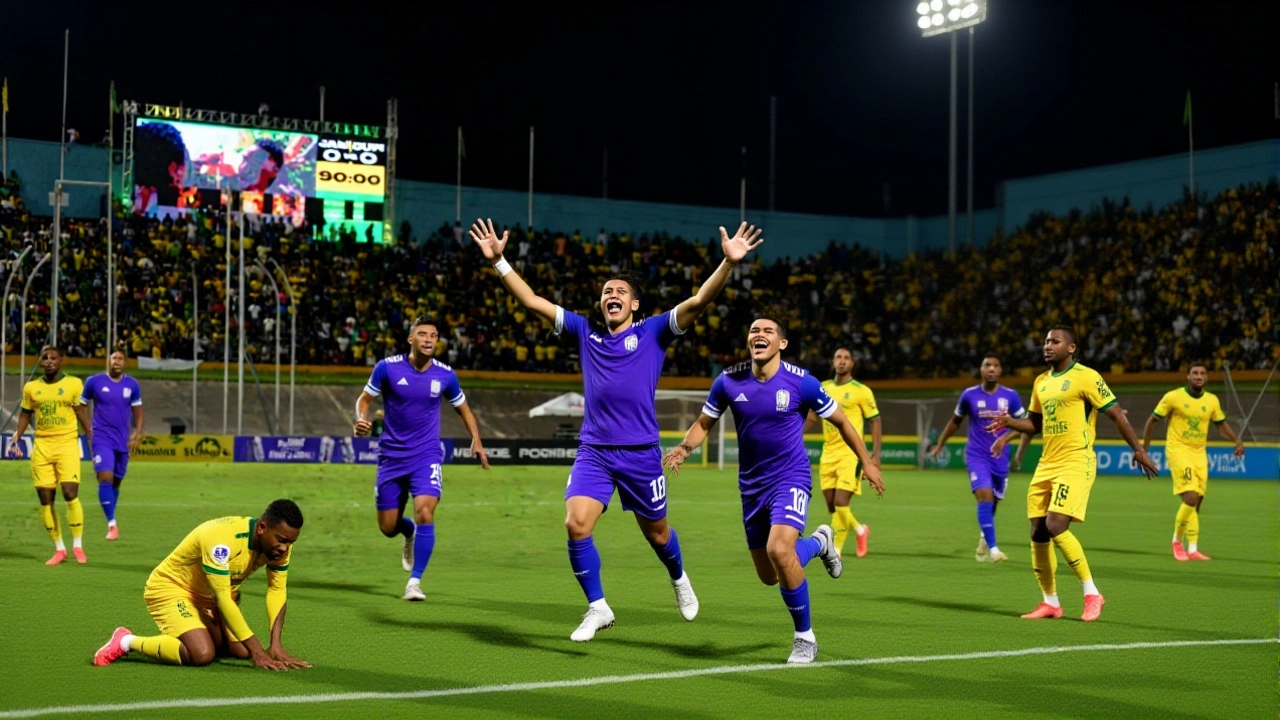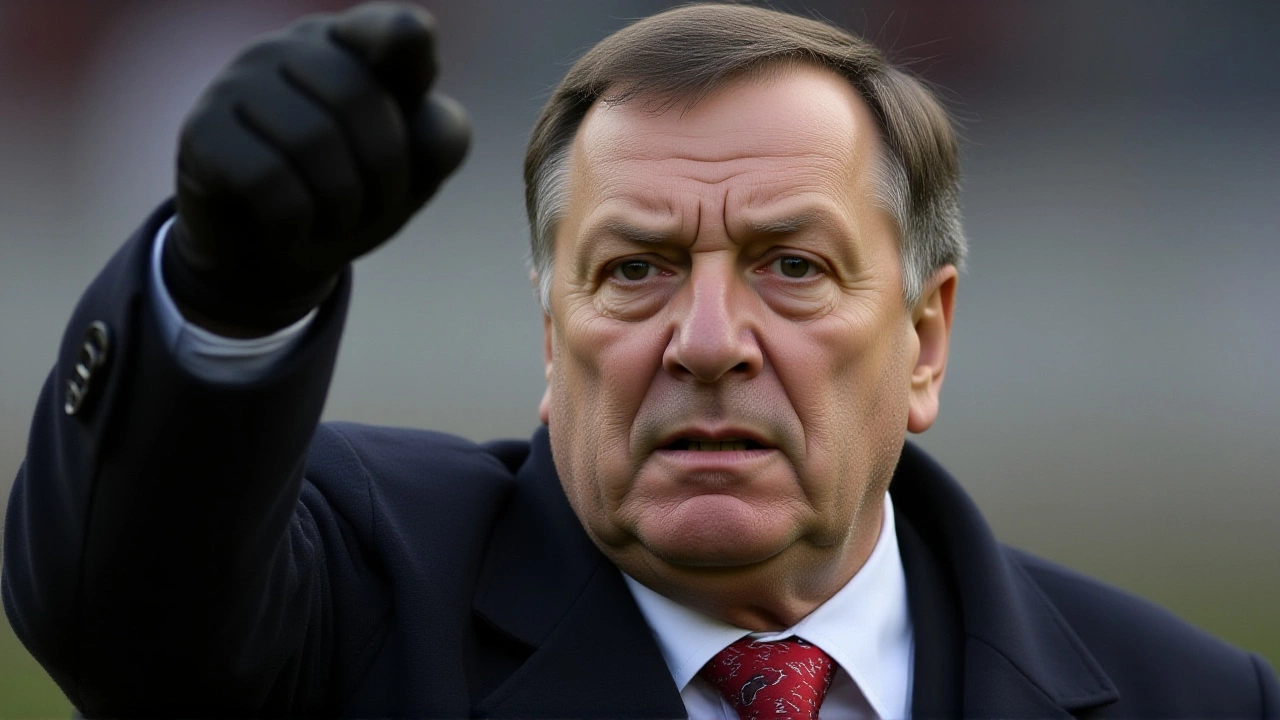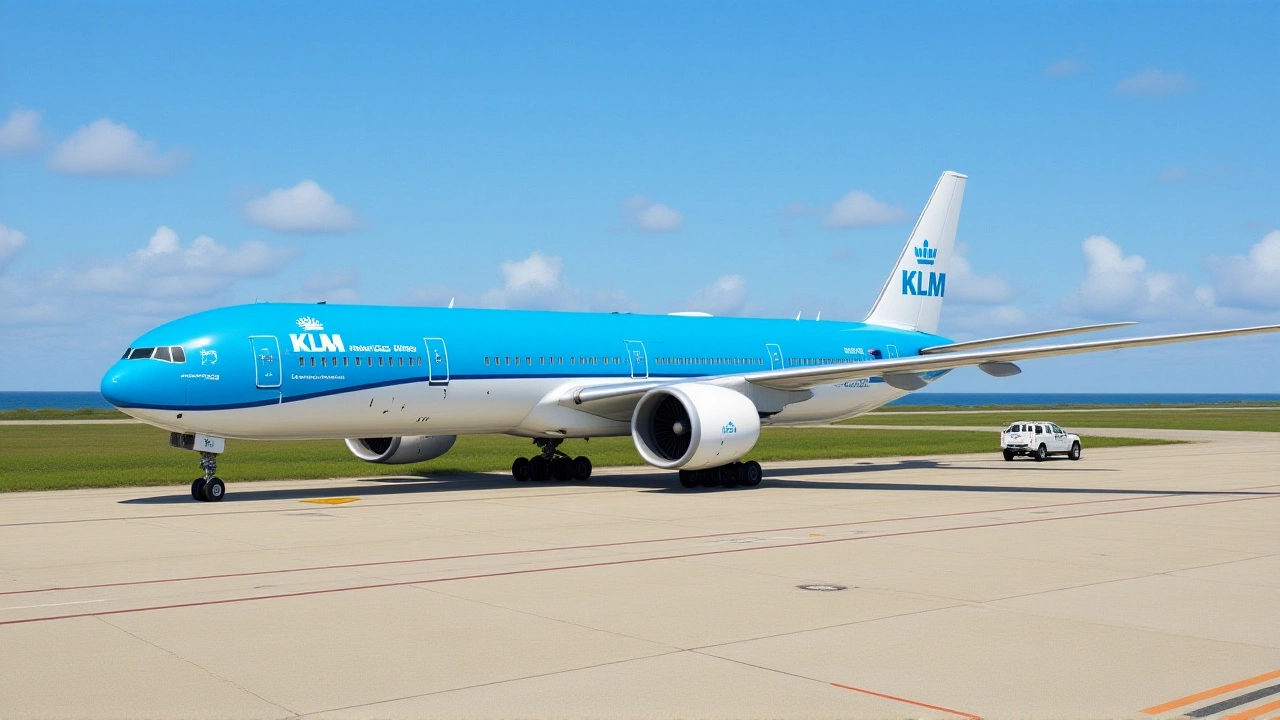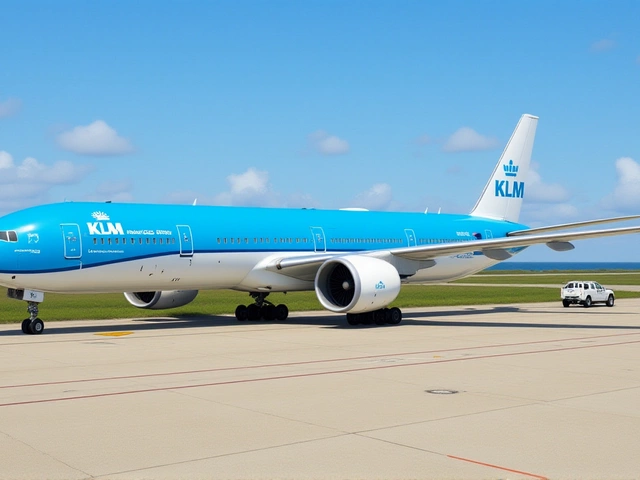When Rob Jetten and Henri Bontenbal locked the door on Dilan Yesilgöz during the first round of Dutch coalition talks on November 14, 2025, it wasn’t just political strategy—it was payback. After weeks of tension, the leaders of Democrats 66 (D66) and Christian Democratic Appeal (CDA) deliberately left out the head of the People's Party for Freedom and Democracy (VVD), giving her a taste of the isolation she’d dished out in past negotiations. The move came just hours after the Electoral Council confirmed D66 had won the election by a razor-thin 29,999 votes, a result that shifted the balance of power and turned the tables on the once-dominant VVD.
Coalition Crunch: Three Weeks to Save the Government
D66 and CDA now have three weeks to draft a joint policy plan—a deadline that feels less like a roadmap and more like a countdown to collapse. The VVD, despite being the largest party in the previous parliament, is being sidelined after quietly abandoning its pledge to protect migrant workers from exploitation. At the same time, it pushed through stricter rules forcing employees back to offices, a policy that’s backfired as Dutch workers, still wary after years of remote work, refuse to return. Employers are scrambling. Some are offering free stroopwafels. Others? Just hoping the sun comes out.
Meanwhile, the political drama spilled into sports. Dick Advocaat, the 77-year-old Dutch football manager, missed Curacao’s first training session on November 14, 2025, after his flight was grounded in Amsterdam. His delay—though caused by weather and bureaucratic snarls—wasn’t just inconvenient. It was symbolic. Curacao, one of the Caribbean nations with deep Dutch colonial ties, was on the brink of qualifying for the World Cup after a stunning 7-0 win over Bermuda. Advocaat’s absence sent ripples through the team. “He’s not just a coach,” said one player, speaking anonymously. “He’s the last link to the old Netherlands. If he’s late, what does that say about us?”
Memory, Heritage, and Margraten’s Silent Protest
In Limburg, the fight wasn’t about votes or goals—it was about memory. Protests erupted at the Netherlands American Cemetery in Margraten, where exhibits honoring Black American soldiers who liberated the region during World War II were removed without warning. Locals, many of whom still remember the soldiers who shared chocolate and cigarettes with children in 1944, were furious. The mayor of Margraten, not yet named in official reports, called for permanent commemoration. “These men didn’t just fight for freedom,” said local historian Els van Dijk, “they fought for dignity. And now we’re erasing them?”
The outcry was swift. Over 1,200 people signed a petition within 48 hours. A group of veterans’ descendants marched with photos of their ancestors, holding them up beside the empty display cases. “It’s not just about statues,” said 78-year-old Theo Koster, whose uncle was one of the liberators. “It’s about who we say we are.”
From Flood to Heritage: Zeeland’s Prefabs Get a Second Life
On the same day, Zeeland received an unexpected honor. Dozens of prefabricated houses—donated by the British and Americans after the catastrophic North Sea Flood of 1953the Netherlands—were granted official heritage status. These modest, steel-framed homes, once seen as temporary fixes, now symbolize resilience. “They were built to last a year,” said architect Marjolein Vos. “They lasted 72.”
Some still stand in villages like Schouwen-Duiveland and Tholen. Families have lived in them for generations. Now, they’re protected from demolition. One homeowner, 82-year-old Jan de Vries, said he still uses the original stove. “My father said, ‘If it kept the rain out, it’s good enough.’ Turns out, it was better than good enough.”

More Than Just Football: Five Dutch Teams in the World Cup?
Here’s the twist: as many as five Dutch-linked teams could qualify for the next World Cup. The Netherlands national team is still in the running. But so are Curacao, Suriname, Aruba, and Sint Maarten—all former colonies with players eligible for Dutch passports. The Dutch Football Association has quietly encouraged this, seeing it as a way to expand influence. “It’s not about borders,” said a source within KNVB. “It’s about identity.”
Meanwhile, national team coach Ronald Koeman called up Joël Drommel—though the podcast mistakenly referred to him as “Valente”—for World Cup consideration. Rumors swirl that Koeman, 61, may resign after the tournament. “He’s tired,” said a teammate. “Not of football. Of the noise.”
Stress, Stripes, and Stroopwafels
While politics and football made headlines, a quieter truth emerged: pharmacy assistants and primary school teachers hold the most stressful jobs in the Netherlands, according to a new government survey. Both groups reported chronic sleep loss, emotional burnout, and a sense of being undervalued. “We’re expected to fix everything,” said a teacher from Utrecht. “The kids. The parents. The system. And we’re paid like we’re volunteers.”
At the same time, the Senate approved a new licensing system for staffing agencies—a move aimed at curbing exploitative labor practices. It’s a direct response to the VVD’s abandonment of migrant worker protections. “We’re not going to let profit override people,” said Senator Anouk van der Veen.
And then there’s the podcast itself. DutchNews.nl, the English-language news service behind the satirical “The Delayed Dick Gratification Edition,” has turned its weekly episodes into a cultural phenomenon. Past titles include “The Gulf of Dick Advocaat Edition” and “When Bontenbal Got Roasted.” The humor is sharp, but the intent is clear: to make Dutch politics feel human. They even offer Patreon supporters stroopwafels and orange tompouces—Dutch pastries—as incentives. “It’s not just news,” said producer Lars Meijer. “It’s comfort food for people who still care.”

What’s Next?
By early December, D66 and CDA must deliver their coalition plan. If they fail, the Netherlands could face another election—or worse, a minority government with no real authority. Advocaat will likely return to Curacao, but the damage to team morale may linger. And in Margraten, the empty exhibit cases remain. For now.
Frequently Asked Questions
Why did D66 and CDA exclude Dilan Yesilgöz from coalition talks?
D66 and CDA excluded Yesilgöz as a strategic rebuke after the VVD abandoned its promise to protect migrant workers while pushing strict office return policies. With D66 narrowly winning the election by 29,999 votes, the coalition partners saw an opportunity to reshape power dynamics and punish what they viewed as inconsistent leadership. The move was described by insiders as “giving her a taste of her own medicine,” referencing past VVD tactics in coalition negotiations.
How did Dick Advocaat’s delay affect Curacao’s World Cup chances?
Advocaat’s missed training session disrupted team cohesion during a critical phase of World Cup qualification. Curacao had just crushed Bermuda 7-0 and was on the verge of securing a spot. While his absence didn’t immediately cost them points, it created internal tension and raised doubts about leadership stability. Players reportedly felt abandoned, especially since Advocaat had been their most consistent figurehead through years of near-misses.
Why are the prefabricated houses in Zeeland being preserved as heritage?
The prefabs, built after the 1953 North Sea Flood, were meant to be temporary shelters. But many families lived in them for decades, adapting and maintaining them with deep personal attachment. Their preservation recognizes not just architectural history, but collective resilience. Over 70 years later, they symbolize how communities rebuild after disaster—making them culturally significant, not just structurally interesting.
Why are pharmacy assistants and teachers the most stressed workers in the Netherlands?
Both professions face relentless emotional labor with low pay and minimal support. Teachers manage classrooms with 30+ students, deal with parental pressure, and handle mental health crises among children. Pharmacy assistants juggle high-volume prescriptions, insurance bureaucracy, and patient emergencies—all with little staffing. A 2025 government survey found 68% reported chronic fatigue, and 41% considered quitting in the past year.
Can five Dutch-linked teams really qualify for the World Cup?
Yes. The Netherlands, Curacao, Suriname, Aruba, and Sint Maarten are all eligible due to shared colonial history and Dutch citizenship pathways. The KNVB has quietly supported this, recognizing the talent pool across the Caribbean. While only one team can qualify directly, multiple teams could reach the final qualifying rounds, creating unprecedented visibility for Dutch football’s global reach.
What’s the connection between the podcast’s title and Dick Advocaat?
The podcast uses “Dick Gratification” as a satirical play on Advocaat’s name and the timing of his delayed arrival. The title mocks the absurdity of media obsession with minor delays while ignoring deeper political crises. This wordplay has become a signature of DutchNews.nl’s weekly episodes since Week 41, turning political frustration into dark humor that resonates with listeners tired of dry reporting.

